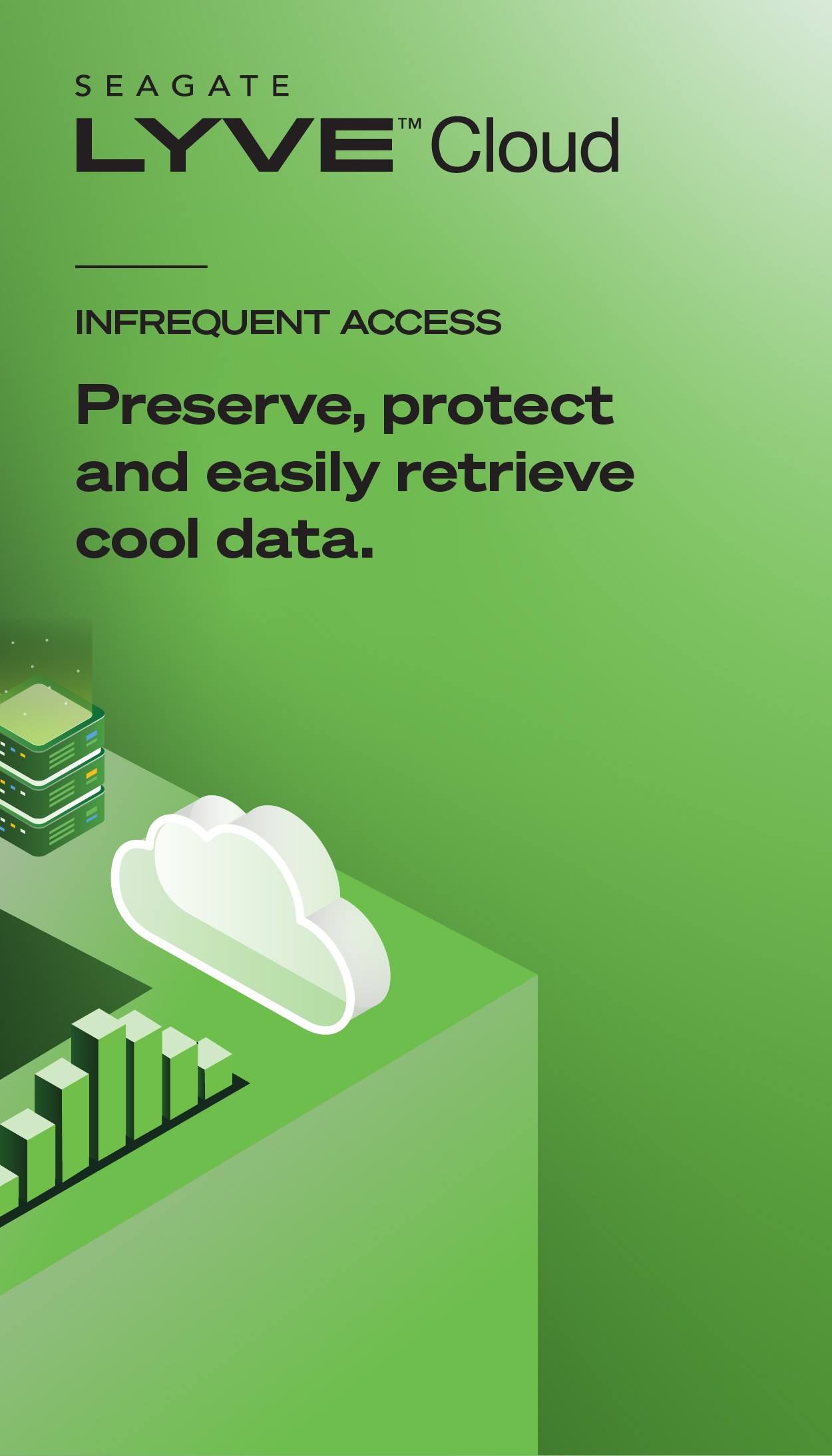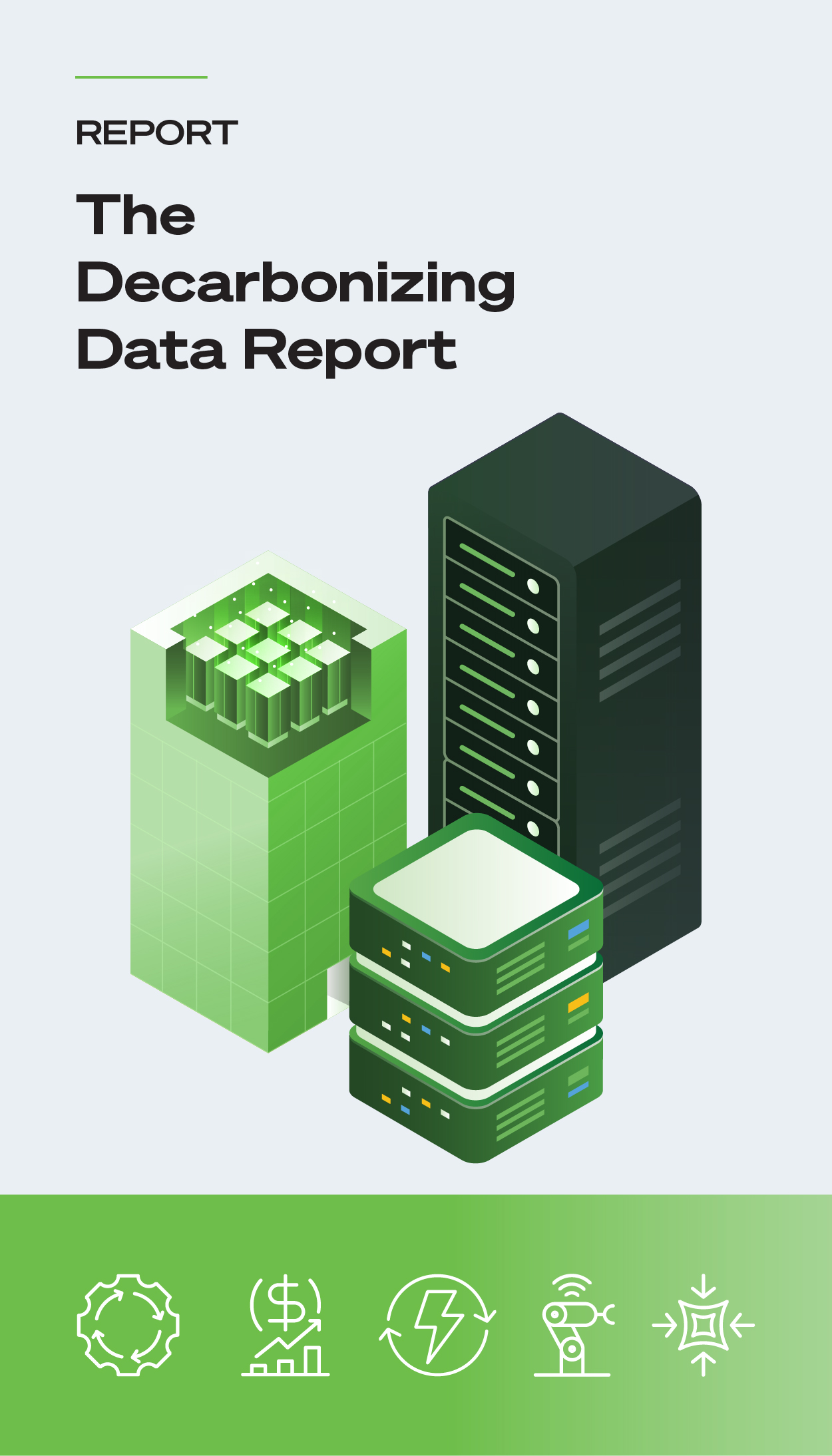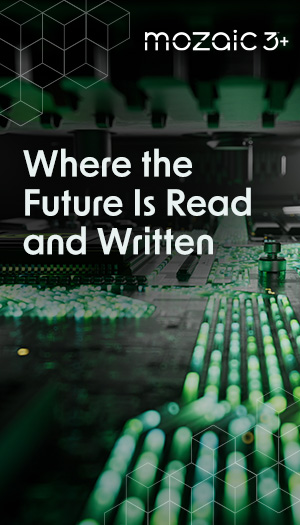Citizen Concerns: Data Ownership and Privacy in Smart Cities
Data ownership and privacy have emerged as citizen concerns in smart cities where technology integrates with urban life. From intelligent traffic management and predictive policing to energy-efficient infrastructure and optimized waste management, urban environments have transformed into connectivity and innovation hubs.
As cities become smarter—harnessing the power of data to enhance efficiency, sustainability, and quality of life—residents find themselves at the intersection of innovation and protecting their personal information. This digital transformation raises questions about who owns the vast troves of data generated by individuals’ daily activities and how privacy can be safeguarded.
There’s a delicate balance between the benefits of technological advancement and the protection of citizens’ rights. The intricate web of data ownership and privacy concerns in smart cities affects many aspects of urban life.
Data’s Growing Importance in Urban Environments
Data has become the lifeblood of efficiency, sustainability, and enhanced living experiences for smart cities. Data-driven technologies are reshaping decision-making processes, resource allocation strategies, and the urban landscape.
Here are several real-world examples illustrating how data is becoming integral to smart cities and shaping their future:
● Smart Traffic Management: Atlanta uses data from sensors, cameras, and GPS devices for real-time traffic monitoring. Predictive analytics optimize signal timings, dynamically rerouting vehicles to reduce congestion and enhance traffic flow.
● Predictive Policing for Public Safety: Los Angeles employs data analytics to predict crime hotspots, strategically deploying resources for proactive crime prevention. This data-driven approach improves public safety and law enforcement efficiency.
● Energy-Efficient Infrastructure: New York City’s smart grids leverage data from smart meters to optimize energy distribution, reduce waste, and integrate renewable energy sources for sustainable urban living.
● Optimized Waste Management: San Francisco’s smart waste management system uses data from sensors to optimize collection routes, minimizing fuel consumption and operational costs while ensuring timely waste removal.
● Healthcare Services Using Data: Boston looks to healthcare data to monitor public health trends. Data analytics aid in predicting disease outbreaks, allocating resources, and responding to health emergencies.
These examples demonstrate the diverse ways in which data is becoming integral to urban environments. The smart city revolution is leveraging data to create more sustainable, efficient, and citizen-friendly urban spaces. The use of data in creating smart cities will no doubt continue to shape life in the future as urban areas continue to expand.
Data Ownership in Smart Cities
Understanding where data originates is foundational in establishing a responsible and ethical data ownership policy. It empowers citizens, organizations, and policymakers to navigate the complexities of data management while respecting privacy, transparency, and legal considerations.
Data Sources in Smart Cities
Smart cities use a variety of sources to generate the massive pool of data that fuels their intelligent systems. Comprehending this complex web of data generation is crucial for gaining insights into the dynamics of urban environments.
Here’s a breakdown of some of the diverse data sources in smart cities:
● Internet of Things (IoT) Devices: IoT mechanisms are ubiquitous in smart cities, encompassing sensors and actuators embedded in physical objects. These devices collect real-time data on environmental conditions, energy usage, infrastructure performance, and more.
● Surveillance Cameras: Surveillance cameras are strategically positioned throughout smart cities to monitor public spaces, traffic flow, and security. These cameras contribute visual data for analysis and surveillance purposes.
● Mobile Devices and Apps: The prevalence of smartphones and mobile applications is a significant data source. Mobile devices collect location data, usage patterns, and user behaviors, providing valuable insights into the movement and preferences of city dwellers.
● Social Media Platforms: Social media platforms serve as dynamic repositories of user-generated content. Analyzing social media data offers real-time sentiment analysis, public opinions, and trends in urban contexts.
● Open Data Platforms: Open Data Platforms are becoming increasingly prevalent in smart cities as they actively promote open data initiatives. These platforms serve as repositories for a wide range of information, including datasets related to public services, transportation, and urban planning, all of which are made readily accessible to the public.
● Wearable Devices: Wearable devices contribute to personal health and activity data. This information is valuable for public health initiatives and understanding lifestyle patterns.
Analyzing the complex network of data sources in smart cities is essential for policymakers and citizens when developing data ownership principles. It enables informed decision-making, enhances urban planning, and contributes to more responsive and sustainable urban environments.
Legal and Ethical Considerations
Data ownership in smart cities within the United States is subject to privacy laws, data protection regulations, and ethical considerations. While there aren’t comprehensive federal laws addressing smart cities, several existing regulations and ethical guidelines help shape the landscape of data ownership policy.
General Data Protection Regulation (GDPR)
While GDPR is a European regulation, it has implications for U.S. companies handling data from European citizens. Smart city projects often involve international collaboration or may be influenced by global privacy standards. Companies operating in the U.S. need to consider GDPR compliance, especially if their smart city initiatives involve data exchanges or collaboration with European entities.
California Consumer Privacy Act (CCPA)
CCPA grants California residents specific rights regarding their personal information and imposes obligations on businesses that collect or process such data. Smart city projects in California must adhere to CCPA requirements, ensuring transparency, user control, and the protection of citizens’ rights over their data.
Federal Trade Commission Guidelines
The Federal Trade Commission (FTC) provides guidelines and enforces consumer protection laws, including those related to privacy and data security. Smart city projects must comply with FTC regulations to ensure fair and transparent data practices and implement robust security measures to protect against data breaches.
Health Insurance Portability and Accountability Act
The Health Insurance Portability and Accountability Act (HIPAA) regulates the use and disclosure of health information by covered entities, including healthcare providers and plans. Smart city initiatives involving healthcare data must comply with HIPAA regulations to safeguard the privacy and security of individuals’ health information.
National Institute of Standards and Technology Framework
The National Institute of Standards and Technology (NIST) provides a framework for improving cybersecurity, including guidelines for protecting sensitive information and ensuring data privacy principles. Smart city projects can benefit from adopting NIST best practices to reduce risks and enhance data protection.
Navigating the regulatory landscape requires considering federal and state-level regulations and ethical considerations. Stakeholders involved in smart city projects should continuously monitor and adapt to evolving privacy laws and ethical standards to ensure responsible and compliant data ownership practices.
Citizens’ Rights and Control over Personal Data
Emphasizing transparency and consent is crucial for building trust and ensuring citizens are aware of and comfortable with how their data is collected, used, and shared. Here’s how citizens can exercise control over their data:
Understanding Legal Rights
Familiarity with laws enables citizens to understand the rights they have over their personal information. Legal frameworks often grant citizens the right to access their data, request deletion, and opt out of certain data processing activities. Knowing these options empowers citizens to take control of their personal information.
Reading Privacy Policies
Transparency starts with the privacy policies of online platforms and services. Citizens should take the time to read and understand these approaches to know how their data will be handled. When citizens know what data is gathered, why it is being collected, and how it will be used, they can decide whether to use a given platform or service.
Opting for Privacy Settings
Most digital platforms provide privacy settings that allow users to customize the visibility of their personal information. Adjusting these settings gives citizens control over who can access their data. By configuring privacy settings on social media, apps, and online accounts, citizens can manage the extent to which their data is shared with the public or specific users.
Consent Mechanisms
Everyone should actively engage with consent mechanisms, providing explicit permission for the collection and processing of their data. Opting in or out of data processing activities allows for a more personalized and controlled online experience.
Using Data Portability Rights
Some data protection laws grant citizens the right to request a copy of their data from service providers. Exercising data portability rights allows citizens to move their data between services, promoting competition and giving them greater control over their digital footprint.
Regularly Reviewing Permissions
Citizens should review and audit the permissions granted to apps and service providers on their devices. Revoking unnecessary permissions minimizes the data shared with third parties. Users can choose services and platforms that align with their privacy preferences.
By opting for services that prioritize user privacy and transparent data practices, citizens can contribute to a market that values and respects data protection. Active participation in discussions, educational initiatives, and advocacy efforts helps create an environment where citizens are collectively empowered to demand and enforce data protection measures.
Privacy Challenges in Smart Cities
The surge in smart devices and sensors raises pressing concerns about extensive data collection and the risk to privacy, security, and ethical practices. Privacy intrusion is heightened as these devices continuously gather huge amounts of personal information, leading to potential surveillance and tracking concerns. Security risks escalate due to the expanded connectivity, making data vulnerable to cyber threats and unauthorized access.
A lack of transparency contributes to uncertainty about data usage. Misuse of data, biases in collection, legal dilemmas, and erosion of public trust further compound these challenges. Striking a balance between the advantages of smart technologies and safeguarding citizens’ privacy requires strict regulatory frameworks, responsible practices, and technological solutions.
Data Collection Through Smart Devices and Sensors
The methods of data collection and the volume of data generated pose complex challenges to citizens’ privacy rights. Strong privacy regulations, transparency, and ethical considerations are needed to secure the ever-changing landscape of data-driven technologies.
Many data collection methods include IoT devices, surveillance cameras, mobile devices, social media platforms, open data platforms, and wearable devices. IoT devices, embedded in various objects, continuously collect and transmit data. Cameras in public and private spaces capture visual data for security and monitoring. Smartphones and mobile apps collect data on users’ locations, preferences, and behaviors.
Social media platforms accumulate user-generated content, including posts, comments, and location data. Cities share open data on public platforms, revealing insights related to urban activities. Smart grids and utility infrastructure monitor energy consumption and resource usage. Datasets on public services, transit, and infrastructure contribute to significant data volumes.
Extensive data enables detailed profiling, leading to precise insights into individuals’ habits and preferences. For example, targeted advertising is based on detailed user profiles derived from online and offline behaviors. Mobile devices constantly track users’ locations, raising concerns about constant surveillance. Location data from smartphones can be used by third-party apps for targeted advertising.
Surveillance cameras in public spaces contribute to a sense of being constantly monitored. Facial recognition technology is used in public areas for law enforcement without clear regulations. Open data platforms may inadvertently expose sensitive information without proper safeguards. Publicly available datasets inadvertently contain personally identifiable information (PII).
Potential Misuse of Personal Information
Citizens may not fully understand their privacy rights. As a result, they can unknowingly provide informed consent for extensive data collection or agree to share personal data through complex app permissions. Companies may exploit collected data for profit, potentially without users’ explicit consent, selling user data to third-party advertisers without clear disclosure.
The risks associated with data in smart cities are underscored by instances of data breaches and unauthorized access, emphasizing the critical need for proactive security measures and privacy safeguards. Cases such as unauthorized access to surveillance cameras in smart city networks or breaches in interconnected IoT devices have demonstrated potential vulnerabilities.
These breaches can lead to the exposure of sensitive personal information, compromising citizens’ privacy on a massive scale. The interconnected nature of smart city infrastructures amplifies the impact of such incidents, posing threats to public safety and services. Smart cities must prioritize comprehensive security protocols— including encryption, authentication mechanisms, and regular security audits—to reduce these risks.
Public Perception and Awareness of Privacy Issues
Citizens often lack awareness of how data is collected, used, and secured in urban environments. Bridging this awareness gap is essential for building trust in smart city initiatives. A lack of understanding can lead to concerns about privacy, surveillance, and the potential misuse of personal data.
Studies show that while smart city technologies promise efficiency and improved services, citizens are often unaware of the extent of data collection through sensors and devices. Addressing this gap requires proactive communication, public education initiatives, and transparent disclosure of data practices. When citizens are informed about the benefits, risks, and protective measures in place, trust can be assured.
Engaging the public in the decision-making process, incorporating citizen input into policy development, and prioritizing privacy-enhancing technologies contribute to a more informed and trusting community. As smart cities advance, building a foundation of awareness and understanding ensures that technological progress aligns with public values and expectations.
Existing Regulations Related to Data Ownership and Privacy
Existing legal frameworks and regulations governing data ownership and privacy in smart cities vary globally, encompassing both overarching standards like the GDPR and local regulations specific to each region. In the U.S., the regulatory landscape is multifaceted, with various state and federal laws addressing data privacy. For instance, CCPA grants California residents specific rights over their personal information.
Other regions have also implemented data protection measures from their government agencies. In Canada, the Personal Information Protection and Electronic Documents Act (PIPEDA) outlines rules for private-sector data collection. Singapore’s Personal Data Protection Act (PDPA) sets standards for responsible data handling.
These regulations collectively aim to protect citizen data in smart cities by ensuring informed consent, data access rights, and security measures. Navigating the complex regulatory environment requires smart city initiatives to adopt a comprehensive approach that respects global standards and adheres to local data ownership and privacy protection requirements.
Citizen Perspectives on Data Ownership and Privacy
Gathering insights from citizens regarding their data protection concerns and expectations provides a better understanding of the human aspect of data ownership. It allows policymakers, businesses, and technology developers to comprehend the diverse perspectives, values, and fears citizens have when it comes to accessing their personal information. Understanding these concerns aligns data ownership frameworks and privacy measures with societal expectations, promoting a sense of empowerment and trust among citizens.
Why is Data Ownership Important?
By actively soliciting and considering citizen input, stakeholders can identify issues that matter most to smart city participants, such as transparency, consent, and control over personal data. This human-centric approach acknowledges that data ownership is not solely a technical or legal matter but a deeply personal one that intersects with citizen autonomy and rights.
Incorporating diverse perspectives from human subjects helps avoid potential pitfalls, such as biases in technology or policies that may disproportionately impact certain groups. It ensures all types of data ownership are legally sound, ethical, and socially responsible, reflecting the values of the communities they serve.
Concerns and Expectations of Data Protection
Gathering the concerns and expectations regarding data protection and other data subjects provides a better understanding of the human aspect of data ownership. Interviews with citizens provide firsthand perspectives on privacy issues, ranging from surveillance anxieties to worries about unauthorized data use.
Surveys capture collective sentiments, revealing common expectations around transparent data subjects and practices, consent mechanisms, and the desire to control personal information. Real-world scenarios shed light on the impact of data breaches and the implications for citizens, emphasizing the tangible consequences of inadequate data protection measures.
Transparency and Communication in Smart City Projects
Examining the role of transparency and effective communication in smart city projects enhances the dialogue between citizens and urban planners. Open communication channels are critical for addressing concerns and building trust. Qualitative and quantitative data enriches the understanding of the human dynamics surrounding every type of data ownership, ensuring future smart city developments are not only technologically advanced, but ethically aligned.
Smart city projects should communicate their data practices to the public through transparent and accessible channels. Successful examples include New York City’s “LinkNYC” Initiative, which deploys free Wi-Fi communication hubs. LinkNYC transparently communicates its data practices, detailing the anonymization of user data and clear privacy policies. This transparency promotes trust by addressing concerns about data usage and protection.
In San Diego, the “Smart Streetlights” project exemplifies effective communication. The city ensures transparency by openly sharing its data collection objectives, methods, and the types of information gathered. This approach builds confidence among residents, demonstrating a commitment to responsible data practices.
By learning from successful examples like LinkNYC and Smart Streetlights, smart city projects can establish open lines of communication, address citizen concerns, and ultimately enhance public trust. This emphasis on transparency ensures responsible data ownership models and cultivates a collaborative and informed relationship between smart cities and their residents.
Incorporating Citizen Input in Policy Development
Cities like Boston exemplify the importance of participatory approaches through initiatives like “Imagine Boston 2030.” This effort engaged citizens through community meetings, surveys, and online platforms, enabling residents to contribute ideas and priorities for the city’s future.
In San Francisco, the “Living Innovations Zone” project involved citizens in transforming public spaces into interactive installations. This participatory model allowed residents to actively shape the urban landscape, demonstrating that policies influenced by diverse perspectives enhance civic engagement and satisfaction.
Smart cities access a wealth of local knowledge, preferences, and concerns by involving citizens in decision-making. This inclusive approach ensures data ownership models align with public expectations, addressing specific community needs. Moreover, it empowers citizens, fostering a sense of ownership and shared responsibility for urban development.
Incorporating citizen input transcends traditional governance, creating a more dynamic and responsive policy framework. As smart cities evolve, this collaborative approach reflects the values and aspirations of their communities and establishes a foundation for trust and cooperation between city officials and residents.
Privacy-Enhancing Technologies and Practices
Discussing technologies and practices that enhance privacy contributes to striking a balance between innovation and individual rights. Highlighting solutions and best practices empowers both citizens and policymakers. Advanced technologies and practices can enhance privacy in smart cities.
Encryption techniques ensure data is securely transmitted and stored. Decentralized data storage solutions, such as blockchain, distribute data across a network, reducing the risk of a single point of failure and enhancing data integrity. Blockchain’s transparent and tamper-resistant nature instills trust in citizens regarding the safety of their information.
Privacy-preserving artificial intelligence (A.I.) is emerging, employing techniques like federated learning. This approach enables A.I. models to be trained across decentralized devices without centralizing sensitive data, preserving individual privacy while benefiting from collective insights. Zero-knowledge authentication allows the verification of data without revealing its content, permitting citizens to authenticate themselves without compromising personal information.
By empowering citizens to become data owners rather than data custodians and granting them more control over their information in smart cities, these technologies and practices strengthen data privacy and empower citizens. A secure basis for smart urban environments is ensured as these breakthroughs progress and make it easier to strike a balance between privacy protection and technology advancements.
Future Trends and Considerations
Anticipating future trends involves exploring how technological innovation can coexist with and respect the rights of citizens, whether they are data owners or data custodians. Let’s examine the potential of data ownership and privacy in smart cities.
Balancing Technological Innovation with Citizen Rights
Future smart city trends will center on the delicate balance between technology and individual rights. Emerging technologies—like edge computing and 5G—will revolutionize data processing, offering faster and more localized capabilities while posing challenges to privacy.
Anticipated regulatory developments may include comprehensive frameworks addressing A.I. ethics, algorithmic transparency, and global interoperability of data protection laws. Stricter regulations will likely govern the responsible use of biometric data and ensure fair and unbiased A.I. systems.
Data ownership will witness increased emphasis on data custodianship, with individuals exercising greater influence over how their data is handled. Organizations that are aware of these trends will be able to advocate for privacy-enhancing technologies, proactively deal with evolving challenges, and keep up with regulatory changes.
Partner with Seagate for Your Smart City Data Storage Infrastructure
Seagate is your trusted ally in managing the complexities of securing and preserving your data. Whether you’re starting with on-premises solutions like Exos® hard drives and Exos CORVAULT™, safeguarding your data in the cloud with Lyve™ Cloud or adopting a hybrid approach, we have you covered.
Seagate assists companies in ensuring a seamless transition and optimal performance in maintaining data ownership and privacy. Partner with Seagate for unparalleled support in navigating the evolving data ownership and privacy landscape.
Talk to an expert today to safeguard your smart city’s/organization’s data.












